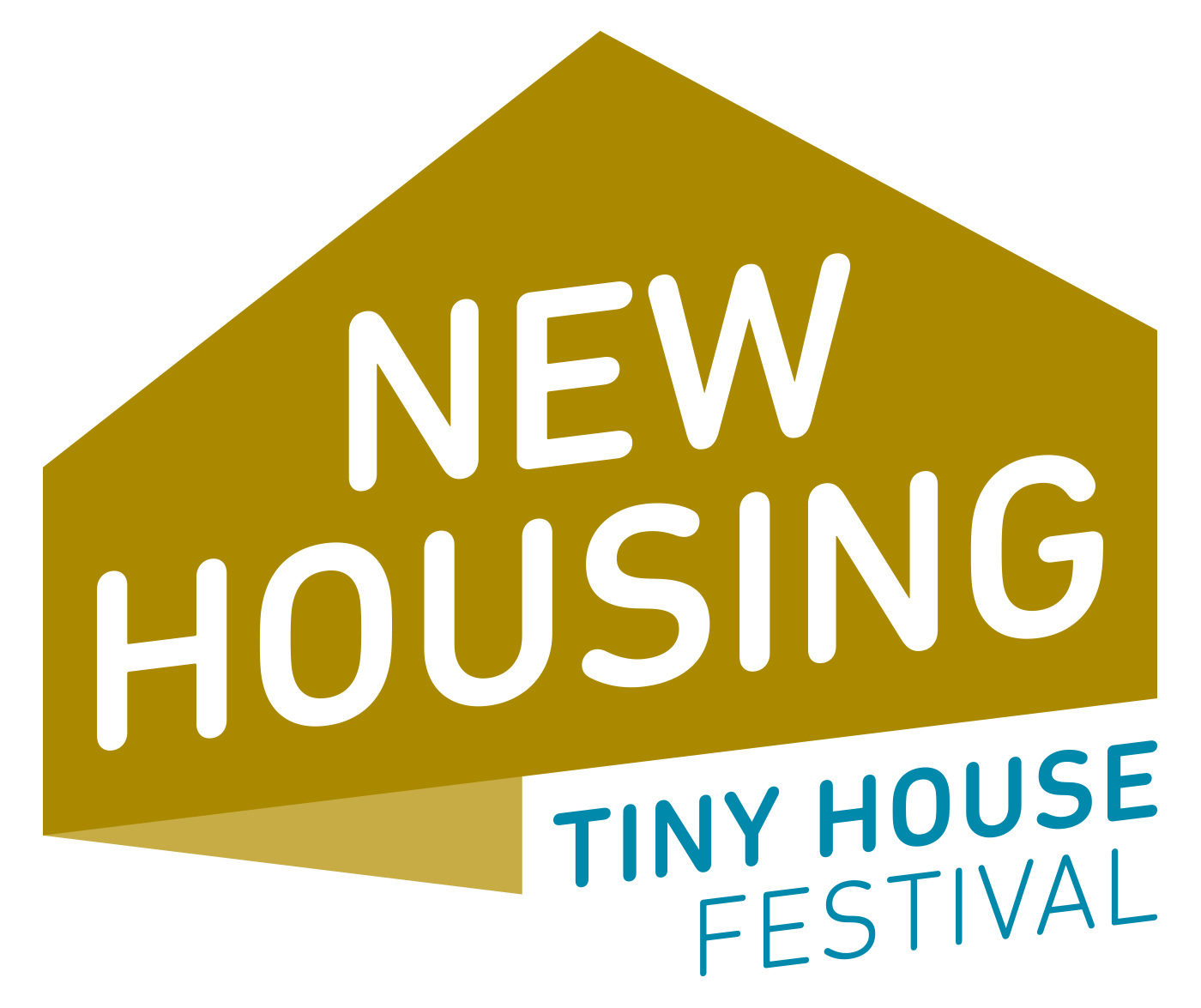NEW HOUSING 2023: Secure tickets now for Europe's largest Tiny House Festival
NEW HOUSING at Messe Karlsruhe is the largest festival of the Tiny House community in Europe. This year the festival will take place from 30 June to 2 July - this is what visitors can expect.
Big, bigger, biggest? That was once upon a time. Today, in the face of an increasingly hot climate, it's all about minimalism, saving resources and sustainability. Tiny houses and other alternative forms of small housing are making a contribution to this. NEW HOUSING - Europe's largest Tiny House Festival - is dedicated to precisely this topic. This year, NEW HOUSING will take place from 30 June to 2 July at the Karlsruhe Exhibition Centre – and tickets for it can now be purchased!

Visitors will have the opportunity to talk to 50 exhibitors from Germany, Turkey and other countries about various forms of small housing and to see around 30 different Tiny Houses on site and experience them up close. On display will be Tiny Houses on Wheels as well as mini houses up to about 50 square metres. Tiny Houses in modular construction will also be on display. These are houses that can be easily extended and reduced again depending on your wishes, needs and living situation.

NEW HOUSING offers future homeowners and those who wish to obtain non-binding information the opportunity to see houses up close. Topics such as finding a plot of land and financing the cottages can also be discussed and clarified at the fair. But people who already own Tiny Houses are also in the right place at NEW HOUSING. They will get the best insight into expansion and optimisation possibilities and can gather new ideas for their own home by exchanging ideas with like-minded people.

Exhibitors such as carpenters, interior designers, suppliers of sanitary facilities or renewable energy generation systems as well as sales partners or associations have the best opportunity at NEW HOUSING to talk to potential and interested customers, to network and to exchange ideas. After all, NEW HOUSING is THE meeting place for the Tiny House community!
Expert forum in the action hall
What is it like to live in a Tiny House? How do the sanitary facilities work? How is heating provided and what actually happens when it rains? These and many other questions will be answered at the forum. In the Action Hall. There, residents of alternative forms of small-scale housing will talk about their experiences, give in-depth insights into their lives and will also be available for further discussions afterwards. Experts in the search for land, financing and the construction of mini-houses will also be giving presentations on what future members of the Tiny House community should think about.

Even more Festival Character
Even more so than in the past, NEW HOUSING 2023 will have a real festival character. In addition to food trucks, a DJ and a cosy ambience will provide the right lounge atmosphere that invites you to linger. Media partners will also present themselves in the Media Lounge - the perfect place to linger, inform and exchange ideas.
For more information on NEW HOUSING and to purchase tIckets, click HERE.
More about Tiny Houses
Counter-design: In a world of excess, in which resources are consumed and the climate is heating up more and more, Tiny Houses are the counter-design. The small houses of 15 to 50 square metres offer everything a person needs - but no more than is necessary.
Space miracle: Because of their smaller size, Tiny Houses and their furnishings must be well thought out. Original, individual and sophisticated furniture designs are therefore an integral part of the tiny houses. They thus become real space wonders and masters of multifunctionality.
Ecological footprint: While fewer resources are used for the construction of a Tiny House than for that of a conventional house, the ecological footprint of Tiny House residents also remains lower as a result. Also, less land needs to be sealed for Tiny Houses - if at all. In the case of tiny houses on wheels, the sealing is reduced even further. One thing is clear: less surface area means less impact on the environment. Speaking of the environment: nature is naturally part of Tiny Houses. Residents live in harmony with their environment; the garden is virtually a natural part of the Tiny House area.
Costs: While the construction of a conventional house in Germany currently costs between 320,000 and 360,000 euros on average, house builders have to spend much less on Tiny Houses. Due to the smaller surface area, land prices and maintenance costs are also lower as a result.
Mobility and flexibility: Those who own a conventional house but want to change jobs or do so have to put up with more effort or restrictions. Either the search for a new job is severely limited in terms of location, or the commute to work becomes a regular test of patience. Tiny house dwellers do not know this. Houses on wheels in particular, but also modular houses, impress with their flexibility and mobility. However, there are still legal questions to be clarified.
The question of land: As with conventional houses, Tiny House owners also need a plot of land with a connection to the public road, path, supply and waste disposal network. The prerequisite for this is a development plan. And this is where the challenge lies, because development plans are intended for conventional residential buildings. In development plans, municipalities determine how high a house may be or what the roof shape or type of windows may look like in order to fit into the locality. The minimum floor area is also usually part of a development plan. Those who live in a Tiny House for more than four months of the year must also comply with the Building Energy Act with requirements for building insulation and heating. Some federal states offer options for other ways. In Baden-Württemberg, for example, there is a paragraph 56 that allows "experimental building". In Waldbronn in the district of Karlsruher, for example, a Tiny House settlement could be built. In Mühlacker, Germany's largest settlement to date is currently being planned with 62 tiny houses. And the municipality of Au am Rhein in the district of Rastatt is also toying with such a settlement.
Association work: Since October 2019, the Tiny House Association has been taking care of informing about the topic, serving as a network, supporting research and education and providing assistance on legal issues. Messe Karlsruhe is one of the founding members of the association and has been involved ever since.


